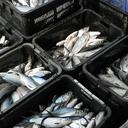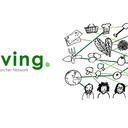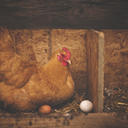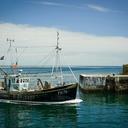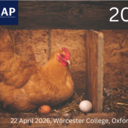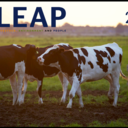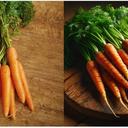Findings from the LEAP project
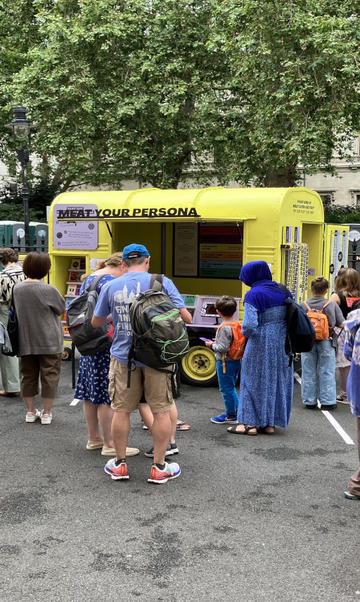
The LEAP project
Date posted: 6 June 2025
The Livestock, Environment and People (LEAP) project ran from 2017 to 2024. It was funded by the Wellcome Trust’s Our Planet, Our Health scheme, led by Professors Charles Godfray and Susan Jebb. LEAP aimed to understand the health, environmental, social and economic consequences of meat and dairy production and consumption. Working across five work packages, LEAP addressed how future trends and policies around meat and dairy may impact health, the environment and the economy; analysed the social and political contexts in which food system decisions are made; assessed the effects of meat and dairy consumption on health through epidemiological analysis; tested interventions to encourage lower consumption of meat; and developed quantitative methods for assessing the impact of meat and dairy production on the environment.
Led by Prof Pete Scarborough, work package 1 developed an integrated model infrastructure that captures the health, environmental and economic outcomes of changes in food production and consumption at a global level. This platform was used to conduct scenario analyses that identified global diets that stay within planetary environmental boundaries, and estimated the health and environmental impact of low meat diet scenarios. Work package 1 also linked datasets on the environmental and nutritional impact of foods and diet, allowing for comparable estimates of the environmental impact of multi-ingredient processed foods, and measurements of the comparable environmental impact of vegan, vegetarian and meat eating diets in the UK.
Work package 2, led by Prof Jamie Lorimer, identified the framings of the future of animal-sourced proteins in the context of growing concerns about environmental impacts. The team conducted in-depth examinations of the political economy of alternative proteins and of regenerative agriculture, tracing the way they are being adopted and contested within the food system.
Conducting the largest analysis of its kind reporting on 25 different outcomes, work package 3 extended the evidence base on the relationship between meat consumption and health outcomes. Led by Prof Tim Key, the work highlighted the positive association between meat consumption and ischaemic heart disease, and explored how people on vegan diets may be at increased risk of anaemia, bone fractures, and haemorrhagic stroke. A team led by Prof Susan Jebb tested multiple strategies to reduce meat intake, especially in workplace canteens, including the use of environmental labelling.
Livestock production has major impacts on freshwater resources. Work package 4, led by Prof Jim Hall, undertook new research examining the impact of livestock production on water scarcity and on pollution of surface water.
Other research that was undertaken within the LEAP programme included work on the representation of calls to eat less or more meat, and of the link between livestock and climate change, in traditional and new media. LEAP researchers also examined land-sparing and agricultural production, finding that land-sparing production strategies can reduce global food production costs by up to 40%.
In addition to this research work, LEAP undertook a large programme of public engagement, led by Lucy Yates, which culminated in two large-scale activities:
Meat Your Persona: a touring pop-up exhibit designed to empower the public with accessible, research-based information and tools about the health and environmental impacts (positive and negative) of meat. This toured six cities and reached over 100,000 people.
Meat the Future: an exhibition at the Oxford University Museum of Natural History, highlighting the scale and impact meat production and consumption has on our planet. Visitors were encouraged to contemplate what others think of meat-eating, the ways we are encouraged to buy certain foods, and were provided with opportunities to think about the impact livestock agriculture has on other species around the world.
Videos from the LEAP project continue to be available on our You Tube channel.


